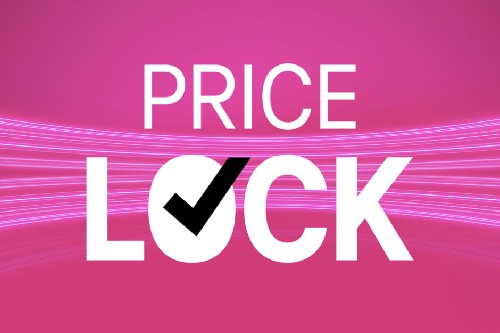The NAD Advises T-Mobile to Drop or Change “Price Lock” Claim from Ads

Update 6/18/24 7:42 pm EST:
T-Mobile released a statement to clarify NAD’s recommendation:
“We believe the challenged ads clearly communicated our generous Price Lock benefit, which offers customers on eligible rate plans the opportunity to get their final month’s service charges paid by us if their price changes and they let us know they’ve chosen to leave. We will continue to offer Price Lock to customers but will take the NAD’s recommendations for clarifying the offer into consideration.“
They also clarified that there were no changes for customers on T-Mobile’s plans with Price Lock in the recent price hike.
The original article is below.
—
After facing backlash over its recent price hike, the National Advertising Division (NAD) has asked T-Mobile to stop using its “Price Lock” guarantee in its marketing campaigns.
According to reports, the NAD asked the Un-carrier to stop or modify its advertisements that talked about its “Price Lock” guarantee. This is after the wireless carrier increased prices of its services. The report shared that it was AT&T who raised the issue with the NAD.
As of this writing, T-Mobile’s “Price Lock” claim still appears on its print, TV, and online advertisements. The company promised that customers would have the option to cancel their service and their last month of service paid for by the Un-carrier once it raised prices on their internet service.
The NAD pointed out that T-Mobile’s disclosure is contradictory of its “Price Lock” claim, especially since they only offer one month of free service and that they really didn’t lock the price of the customers plans. Because of this, the NAD recommended two options: to change the claim and explain the feature in more detail or to drop the “Price Lock” claim in its advertisements completely.
In response to this, T-Mobile promised that it will comply with the recommendation. But it continues to argue that its ads “appropriately communicate the generous terms of its Price Lock policy.”
We’ll have to wait how T-Mobile applies the NAD’s recommendations in its new advertising campaigns.
Source: The Verge
